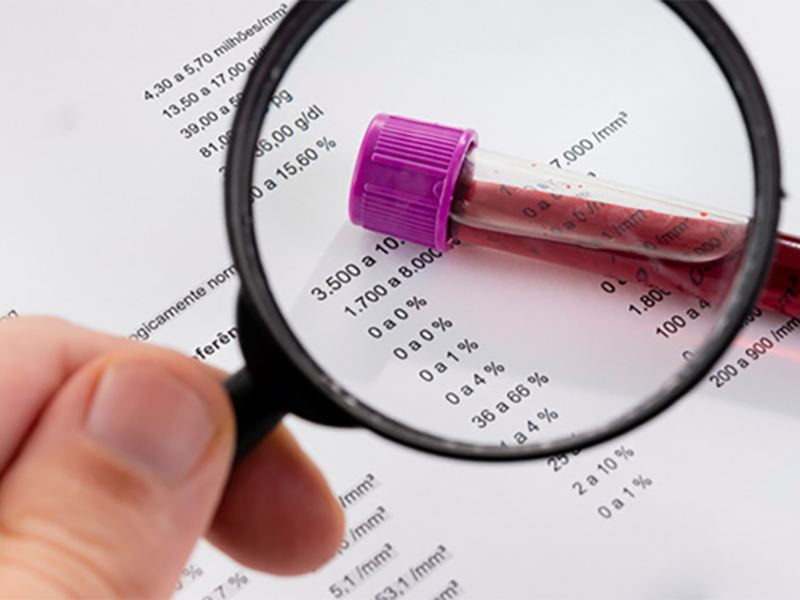Complete Blood Count (CBC): An Essential Diagnostic Tool
A Complete Blood Count (CBC) is a common Blood test that evaluates your overall health and detects a wide range of disorders, including anemia, infection, and even leukemia. This comprehensive test measures several components and features of your blood, including:
- Red blood cells (RBCs), which carry oxygen
- White blood cells (WBCs), which fight infection
- Hemoglobin, the oxygen-carrying protein in red blood cells
- Hematocrit, the proportion of red blood cells to the fluid component, or plasma, in your blood
- Platelets, which help with blood clotting
Procedure Overview
The CBC test is straightforward and quick, involving a simple blood draw from a vein, usually on the inside of your elbow or the back of your hand. The entire process typically takes just a few minutes. A healthcare professional will clean the skin surface with antiseptic, place an elastic band around your upper arm to apply pressure and cause the veins to swell with blood, then insert a needle into your vein to collect the blood into a vial or syringe.
Purpose and Importance
The primary purpose of a CBC is to provide a broad spectrum of information about your health. It can help diagnose symptoms such as fatigue, weakness, fever, bruising, or weight loss. It's also used to monitor conditions like anemia, infection, and many other diseases. Furthermore, a CBC can be performed as part of a routine medical examination to gauge an individual's general health status.
When to Look for a CBC
You might need a CBC if you are experiencing symptoms such as:
- Unexplained weakness or fatigue
- Fever
- Bruising or bleeding easily
- Inflammation
- Infection suspicion
Doctors also order a CBC to monitor a medical condition or treatment that affects blood cell counts.
Pre and Post Exam Care
Pre-Exam Care:
No special preparations are typically required for a CBC. However, if the CBC is being performed as part of a more comprehensive set of tests that require fasting, you may need to fast for a certain period before the test.
Post-Exam Care:
After the blood draw, you can resume your usual activities immediately. There might be a small bruise where the needle was inserted, which should disappear in a few days. If bleeding continues or you experience significant discomfort, contact your healthcare provider.
Preventions and Recommendations
While you cannot directly prevent the abnormalities a CBC may reveal, maintaining a healthy lifestyle can contribute to better blood count levels and overall health. This includes:
- Eating a balanced diet rich in iron and vitamins
- Regular physical activity
- Adequate sleep
- Regular medical check-ups
By understanding what a Complete Blood Count is and when it's needed, you can better navigate your health decisions and discussions with your healthcare provider.
